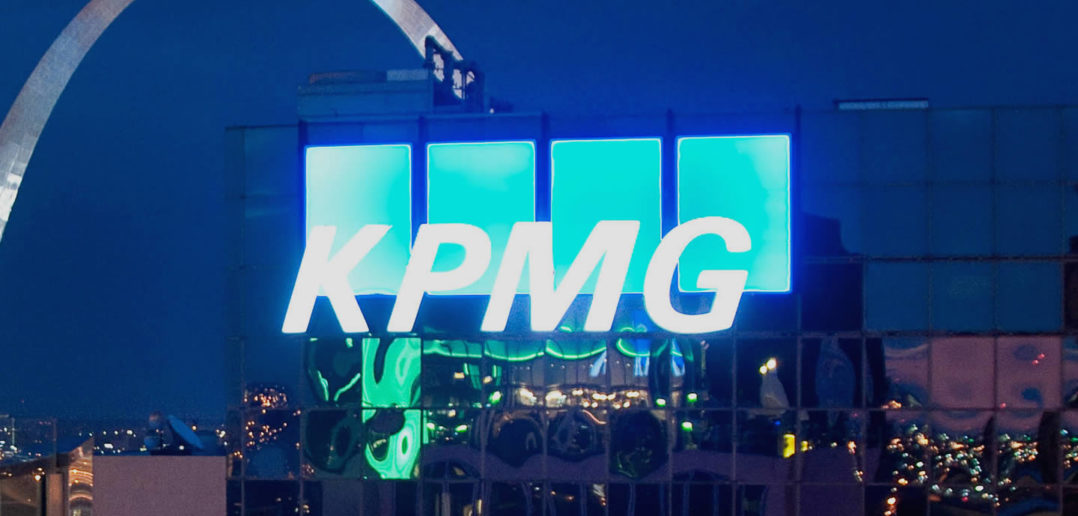In a rather surreal turn of events, former KPMG partner Steven Economides has admitted to violently assaulting two Australian Liberal party volunteers with a corkscrew. The 62-year-old Economides, who was a partner at the consultancy giant for three decades, was convicted and placed on a 12-month good-behaviour bond.
In defence of the “unprovoked” stabbing in Sydney earlier this year, Economides argued that he was mentally distressed at the time. A number of his fellow KPMG executives have provided letters of support, calling the violence out of character for the former partner and long-time tax advisor. Unfortunately, the reality is that bad behaviour of all manner of stripes is hardly out of character for KPMG and its executives, or for the other members of the “cozy club” of audit and consulting firms known as the Big Four.
British MP Rachel Reeves hasn’t minced words about KPMG: she declared the firm’s auditors should be “in the dock for [the]catastrophic crash” of construction and management giant Carillion—the taxpayers’ bill for which may exceed £150 million. According to Reeves, KPMG’s “parasitical” relationship with its clients caused its failure to demand Carillion—from which it was reaping some £72 million in fees—be transparent over its crippling debt.
The Carillion case is just one example in a string of alleged transgressions lighting a fire under the major audit firms, as British policymakers finally confront the need to crack down on the industry. KPMG is still haemorrhaging clients and staff after its extremely controversial work for the Gupta family in South Africa, whose close ties to former President Jacob Zuma have led to allegations of corruption and “state capture“.
Among the firm’s numerous other scandals, KPMG executives are accused of cheating on inspections of its audits by stealing regulatory information and accepting leaked intelligence. Almost laughably, senior auditors are also alleged to have hacked the passing scores to their own ethics exams, allowing them to “pass” with marks as low as 25%. A survey of KPMG employees indicated that while many felt the latest crisis was only par for the course for the firm, others had become embarrassed to work for the company following these ethical violations.
Unfortunately, KPMG’s troubles are not unusual in the industry. As an industry, the Big Four have thrived by devising creative ways for its high paying clients to avoid taxes and rubberstamp questionable corporate plans, all while pretending to be neutral, technical arbiters. A permissive legal environment with flexible rules regarding how auditing should be conducted has only contributed further to the success of the group.
Look no further than the recent firestorm EY has raised in Spain, where the firm stands accused of undervaluing assets to the benefit of Mexican billionaire Carlos Slim in the case of real estate firm Realia. EY managed to effectively endorse an obscure accounting method that, by undervaluing Realia’s assets by up to nine times, has allowed Slim to expand his ownership of the company at discounted rates. In the hopes this process can be stopped, minority stakeholders have notified national authorities.
Meanwhile, Big Four brother Deloitte is now in hot water regarding a number of cases in Africa. An unfolding accounting scandal at South African agricultural and agri-processing business Tongaat Hulett is doing few favours for the auditor. The firm’s new chief executive Gavin Hudson announced “certain practices” had come to light amid a comprehensive strategic and financial review of the company. These revelations may prompt a revision of previously reported financial information, as Tongaat’s results may have been overstated by as much as R4.5 billion (£258 million).
Deloitte, who audited Tongaat’s books for over 15 years, has hit back by saying it is “too early” to gauge its responsibility for any supposed shortcomings—but the audit firm’s choice to replace all senior auditors, including partner Gavin Kruger, involved in the Tongaat Hulett case raises concerns.
The emerging case bears an eerie resemblance to the near collapse of multinational retailer Steinhoff, after an accounting gap disclosed at the end of 2017 spooked investors and led to the abrupt resignation of the firm’s CEO Markus Jooste. Responsible for Steinhoff audits for close to 20 years at the time, Deloitte appeared to have been caught holding a smoking gun used to boost Steinhoff stock prices in the short-term. South Africa’s audit regulator announced a probe into the auditor soon thereafter and Dutch regulators quickly followed suit.
“The transactions identified as being irregular are complex, involved many entities over a number of years,” said Steinhoff of the scandal, “[many]were supported by documents including legal documents and other professional opinions that, in many instances, were created after the fact and backdated.” The firm’s Dutch shareholders are now suing Deloitte to take responsibility for damages wrought by the scandal.
Earlier this year, the British House of Commons Business Committee called on the competition watchdog to aim for a “full structural break-up” of the Big Four. Under the circumstances, it is hardly surprising that UK policymakers are calling for an end to the cozy club—or at least for it to be more adequately regulated.




